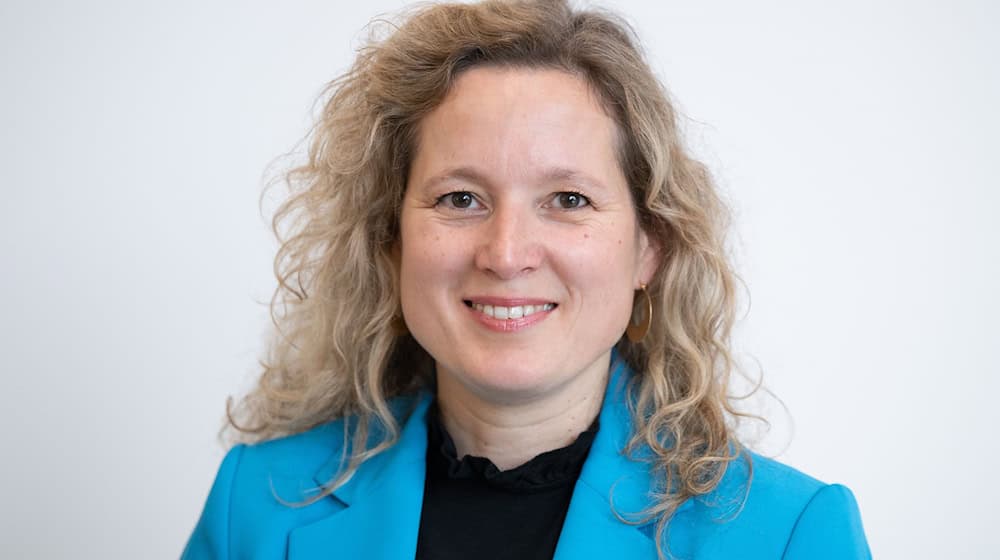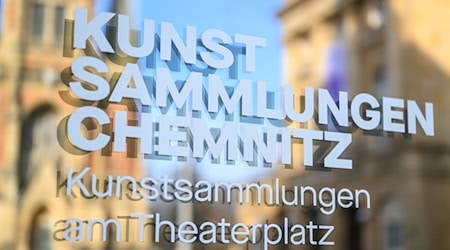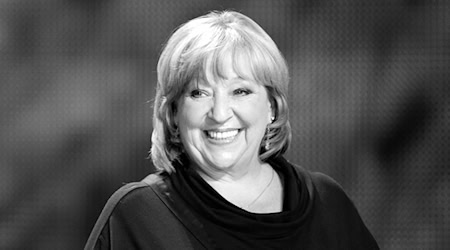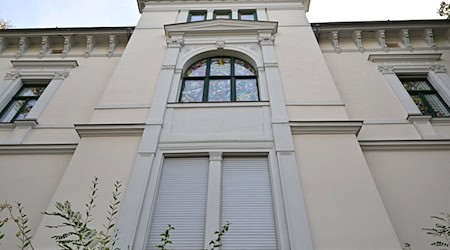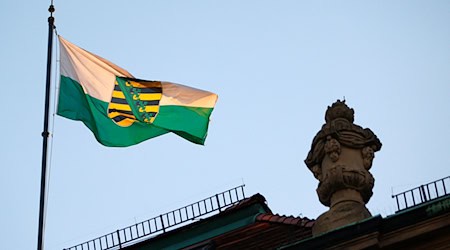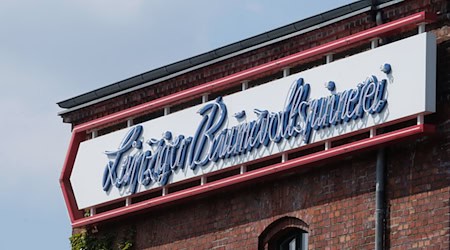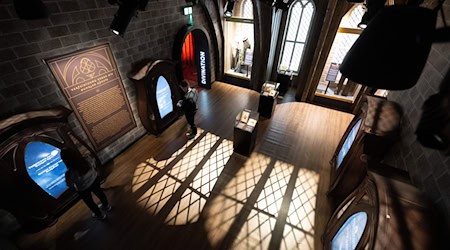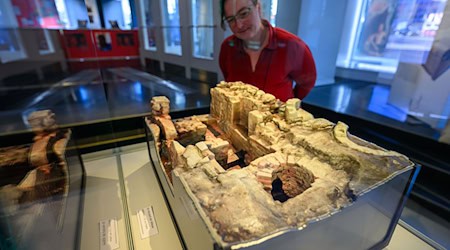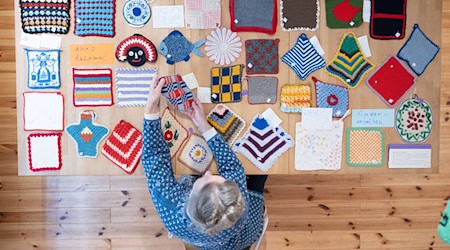The Deutsches Hygiene-Museum in Dresden wants to involve the public more in exhibitions in future - in particular, citizens themselves should have a greater say. "The main aim is to reflect the diversity of society and bring it into the museum," Director Iris Edenheiser told the German Press Agency. The teams working on museum programs often come from very similar backgrounds. "This also determines how you look at things and access themes and objects. We want to diversify this in order to bring different worlds into our museum. Keyword: participation."
New exhibition created with the help of over 100 people
The most recent example of this approach is the redesign of the last part of the permanent exhibition "The Human Adventure". Under the motto "Am I beautiful!", the exhibition has been documenting how people today experience and create beauty for themselves since Saturday. The museum has spoken to more than 100 people from Dresden and the surrounding area about this. Their views and everyday things related to beauty are the focus and are complemented by historical exhibits from the museum's own collection. In this way, the museum can fill many gaps in its collection, which includes many objects relating to the human body.
Museums should enable more cultural participation
"Cultural participation has been discussed in museum studies for many years and demanded by the museums themselves," emphasized Edenheiser. This is also a question of social justice; people must have a fair share of common goods, which include museums. Many museums are financed to a considerable extent by taxpayers' money. "Museums belong to everyone, so everyone should be able to participate in them." This has long been practiced in the Anglo-Saxon world, for example at the National Portrait Gallery in London. With some delay, this has also arrived in Germany; the Historical Museum in Frankfurt or the Stadtmuseum in Berlin are exemplary here.
Hygiene Museum's presence in rural areas too
The museum is increasingly moving its activities outside the main building. Under the term "outreach", it organizes events to specifically address new target groups. For example, the Hygiene Museum held various events in Hoyerswerda and is now continuing this in Löbau. Following a visitor survey, a "community workshop" was created in 2021 to promote exchange between migrant communities and the museum. There is now also a community room in Dresden - as a meeting point for the urban community.
"We also want to be present in rural regions. The drifting apart of metropolitan lifestyles and ways of thinking and rural areas is becoming increasingly virulent," said the director, describing her concern. This is one of the major divisions that we are currently experiencing in Germany.
"On the one hand, we want to bring our topics to cities like Hoyerswerda or Löbau. On the other hand, we also want to find out what concerns people there have and raise their concerns in our office." In Hoyerswerda, the museum organized several events and tried out different formats for the major exhibition "Fake: The Whole Truth". In Löbau, this is to accompany the project "How's it going? The exhibition on mental health" starting in March 2026.
Copyright 2025, dpa (www.dpa.de). All rights reserved

